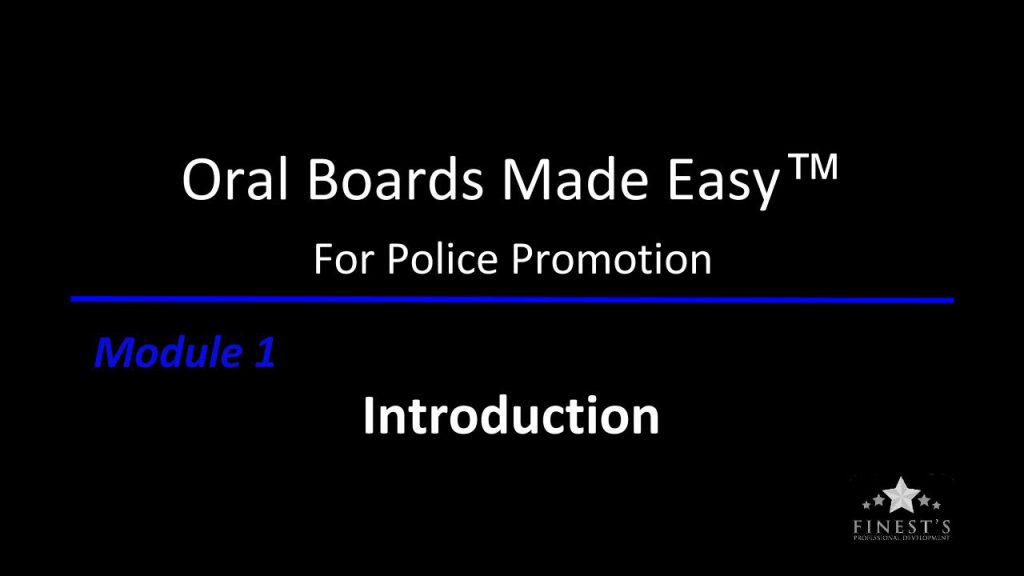
To achieve promotion success, you should think of your sergeant’s oral board or interview as a goal-oriented performance.
Think of your last trip to the shooting range. There was a target for you to hit with a clear x ring, bull’s eye, or some other marker that represented a perfect performance. As an experienced police officer, you utilized a firearm in which you had been trained. That familiarity gave you the actions you needed to achieve a top score. Immediately after your performance you had objective feedback (reviewing your target) to determine if you achieved your goal. This goal-oriented sequence allowed you to make adjustments to consistently achieve top scores.
The oral board in many cases is the exact opposite. You are not certain what the panel members or assessors are looking for because this is a rare opportunity for which you were never formally trained. You are uncertain how to perform, and because the ratings often have a degree of subjectivity, you are left unsure why you received the scores that you did, – good or bad.
It is for that reason, especially at the first-line supervisor level, that you should develop a clear plan of attack for your oral board. Here are the elements that you should use to your advantage.
The Mental Game for the Sergeant’s Oral Board
Set your sights on the #1 position. Someone will be at the top of every list, why would you let that be anyone other than you? Ironically, despite the power of focus and performance that goal setting can bring, many don’t shoot for the top. Let’s face it; it will require dedicated effort to earn the top spot. Imagine how that type of preparation will pay off when you are in front of the oral board.
The problem with goals such as these is that you may doubt that the goal can be achieved. Significant research has been done over the last few years on self-efficacy. Self-efficacy is a person’s belief in their ability to produce desired results by their own actions. The research has shown that by following certain steps, our self-efficacy regarding a task can improve dramatically. Here are the steps:
Prepare with individuals who genuinely want you to succeed. If you practice with a friend or co-worker, choose someone who will focus on your strengths while encouraging you to work through the areas that need to be improved. Avoid negative people who will only reinforce the difficulty you are having, which is counter-productive.
When we see individuals doing a task correctly, we learn the steps in a non-threatening way. Seek out individuals in your profession who have been successful at oral boards and ask them to demonstrate how they performed in front of the panel. We learn much more by watching than by listening. Don’t just ask them questions, ask them to show you.
Studying is fine. You need to be able to convey your knowledge to the panel when asked, but the oral board is really a communication opportunity. To do well, you must communicate effectively. Like shooting at the range, communication is a performance that requires practice, practice, and more practice to get it perfect.
“If you are looking for a well designed assessment / oral interview study program this is the one. The program is very reasonably priced, so don’t risk your career watching free videos or just reading articles on line. If you’re serious about getting promoted, invest in your career and use The Oral Boards Made Easy program. It will help you get promoted.”
-Promoted to Lieutenant in Massachusetts
Use Available Resources
If there was a written exam as part of your process, that can give you direction for your answers. Your department rules and regulations are very important. If a reading list or study guide was provided, know that material. This will give you a knowledge foundation on which to start practicing.
The promotion announcement and the job description on file with your agency’s human resources department are two of the best sources for additional specific topics (assuming that a study guide is not provided). These two documents often spell out in detail the knowledge, skills, abilities, and duties of the position being sought. Logically, these two documents can then serve as sources from which you can formulate topics and prepare responses. If, for example, one of these documents read: “Handles the duties of a lieutenant in the lieutenant’s absence,” that indicates that you should know the duties of a lieutenant as well as a sergeant for the oral board.
Watch FREE
On-Demand Seminar Module 1:
Introduction
Work at “Utopia Police Department”
Those who are designing sergeant oral boards are well aware that the jump from front-line officer to first-line supervisor is the most challenging transition. As officers, we may like to believe that the best supervisors will cut us a break on small deviations. That they will leave us alone unless we need them, and will let us take shortcuts when it will not impact the outcome of our tasks. Trust me; the oral board is not the time to go down those roads. For the purpose of your oral board, you work for the “Utopia Police Department”, a fictitious perfect organization.
This is how things work in Utopia PD:
The Rules Matter
If there are written general orders, they are followed. Police officers & supervisors do not break the rules and certainly do not violate laws (even minor traffic violations).
Shortcut are not taken
Show up on calls, especially if the order states that the sergeant will respond. While in real life a sergeant may direct the officers at a scene to assess the situation and let the sergeant know if he or she is needed. This does not cut it at an oral board. Engage yourself in the presented scenario.
Do the right thing
If you are on the fence as to how you should handle a particular situation, visualize your chief watching you. Then visualize a television reporter with a camera also watching you. If that were the case, you would do everything by the book…and there’s your oral board answer.
Don’t be afraid to discipline
Test preparers know that officers are often uncomfortable with discipline. No one likes to be disciplined and therefore there is often resistance by sergeant candidates to recommend discipline when warranted. If the situation before you is one of an employee knowingly and willingly violating the department’s policy based on your observations and/or investigation, recommend discipline. In most agencies, you are not the final say, you are just bringing the facts to the attention of the administration so that they may proceed as they deem appropriate.
Adopt an inspection mindset
Show the panel that you are proactive in assuring quality control and that is how you will supervise. You will not sit back and wait for a citizen complaint to be lodged before you intervene. Your officers expect that you will be observing their performance and reviewing their work. And when you do, you provide them feedback and, if necessary, assistance toward improvement. More now than ever, “accountability” is the order of the day.
Communicate With Your Behavior
Communication is the sum of your behaviors. Yes, words are a part of that, but so is your energy and emphasis. Your facial expressions, gestures, clothing, how you walk, how you sit, your general demeanor, and on and on all play a role in how you are perceived at your sergeant’s oral board. Communication research bears out that leaders are more likely to be deemed credible if they are dynamic. Before you walk into the oral board, remind yourself that you have earned the right to be promoted at the top of the list. Then walk in with the confidence and command presence of a fully qualified sergeant. Your behavior will set a positive expectation with the panel before you even say one word. This is even more important if you are facing an assessment center.
Knowing what to do will not be enough to get you to the top of the promotion list. The oral board is about application. You must be able to take that knowledge, integrate it with mission-advancing (yes, know your department’s mission statement) decision making and judgment, and communicate it in a confident, yet not overbearing, manner. You should also know that your panel is not the enemy. Quite the opposite. They see their role as helping the chief by finding the best candidates for promotion. Simply put, they want to see successful candidates. Your job is to deliver that.








